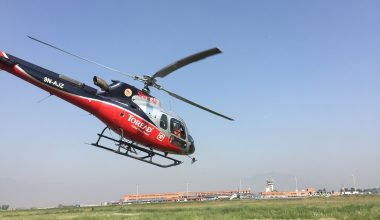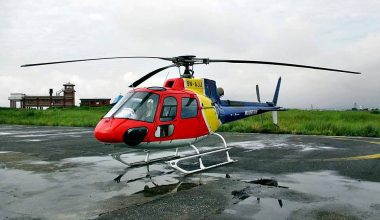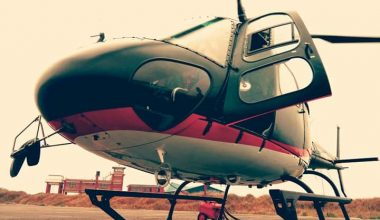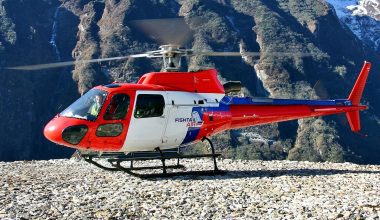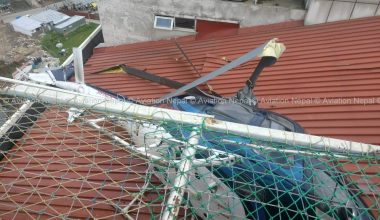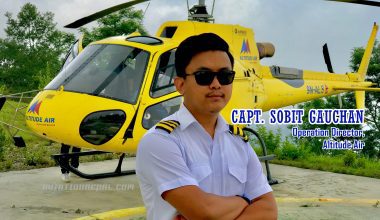-A. PAPA, KATHMANDU
New safety rules have been put in place for VIP operation of single-engine helicopters to avoid mishaps like the one which killed Minister of Culture Tourism and Civil Aviation Mr. Rabindra Adhikari and other highly placed delegates.
The rules, framed by the Civil Aviation Authority of Nepal (CAAN), Flight Safety Standards Department, encompass all aspects of flight operations; from an acquisition of aircraft, employment of crew and engineers to the definition of VIPs.
The new rule says that a VIP flight would mean having amongst the passengers any one of the five categories of dignitaries.
The categories include the Former Prime Minister, Minister (Minister of State, Assistant Minister), Speaker of Federal Parliament House, Justices’ of Supreme Court and Chief Ministers of Provinces’ who are able to be privileged the ‘VIP’ category.
While no flight would be allowed to be operated when “weather conditions are not conducive to safe operations”, every VIP flight would be operated with “a dedicated VIP Movement Servicing Team”, the Civil Aviation requirement says.
Stringent conditions have been laid down for the Pilots, Flight Operation Officer and Engineer of the helicopters.
A Pilot-in-Command (PIC) should either have a Commercial Pilot License (CPL) or an Airline Transport Pilots License (ATPL) with at least 4,500 hours of flying experience, of which 2,000 hours should be as a PIC on the type of aircraft to be flown. The designated pilot/s in the roaster should not have had more than one incident history in accumulating the minimum required 4,500 hours and designated pilot/s will be preferred to be of IP Status. However, the designated IP in a company VIP roaster can train and produce Pilots to qualify for VIP Roaster only for the company he/she works and not for other companies unless the normal procedures for Commercial flight operations. The Trainee Pilot in this scenario will qualify for such Dual Control VIP flights under IP command only if the trainee has completed 3,500 hours of commercial flying and 2,000 Hours on type.
In order to regulate flight operations of VIP Flight, the designated Flight Operation Officer (FOO) should be a licensed Flight Dispatcher with the minimum of Five (5) years of Helicopter Flight Dispatch experience out of which a minimum of two (2) years should be with the applicant company. The designated Flight Operation Officer (FOO) should have an experience of having dispatched flights to the all-terrain condition of Nepal and should have demonstrated experience of having managed flight dispatch emergency medical rescues, High altitude Missions, Flight requiring multiple security clearance and logistics arrangements.
While the designated Maintenance Engineer (AME) B1 & B2 should have minimum two (2) years of work experience of having maintained and signed off maintenance of the existing helicopter of the company and should also have the minimum of five (5) years of professional experience post obtaining their respective B1 & B2 Licenses.
The designated Ground Handling Manager should have Minimum five (5) years of Ground Handling Experience in the helicopter industry out of which a minimum of two (2) years should be within the company with at least two certified training on Ground Handling Management.
The aircraft should be fitted with all suitable equipment needed for flying and pilots should hold valid ratings, the rule stresses.
It has also recommended that the aviation regulator asks all helicopter operators of private sector units to review their Standard Operating Procedures and get it submitted by March 31, this year.

